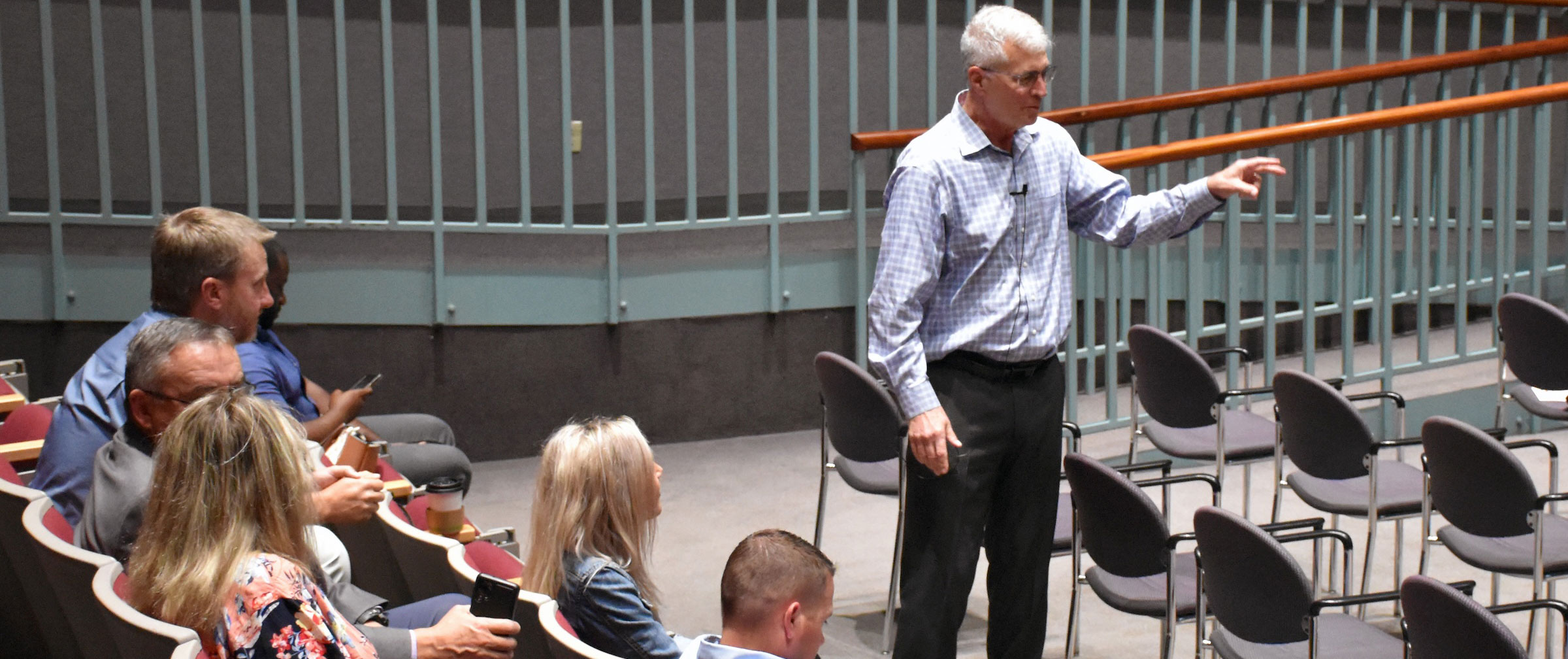Every health care provider I know, as a part of their core curriculum during training, studied the pioneering work of Dr. Elizabeth Kubler-Ross. In her 1969 book “On Death and Dying” she described five stages that patients experience during these difficult times. Her work showed that all patients went through predictable phases or stages as they dealt with the loss or death of themselves or a loved one. She taught us that as astute clinicians we must recognize those stages and respect the necessity of working through each one of them with the patient or family. It is rarely, if ever, possible to either shortcut or avoid any of these stages as they are essential components of the human reaction to grief and loss. Almost 50 years later, her research is still the cornerstone of how we deal with death and dying. Applying these stages has helped all caregivers be more empathetic and therapeutic to these patients. Thank you for your work, Dr. Kubler-Ross.
The Five Stages are: Denial,
Anger,
Bargaining,
Depression,
and finally: Acceptance.
As a chief medical officer, a large part of my job was to lead the process of the analysis of clinical data with physicians and other health care professionals in order to improve performance. As such, I have worked though this exercise with thousands of physicians and dozens of hospitals over the past 25 years.
The task has not been easy. Historically, physicians, despite the fact that they are scientists by training, have had difficulty championing individual clinical data, especially their own data. Admittedly, many times this data is not so great in the first place. The majority of the data is administrative data, data which was originally intended to pay the medical claim. Now that very same data is used to monitor clinical performance. The data is rarely in a form that is physician-friendly. Not surprisingly, therefore, these meetings can become contentious and not produce the desired collaborative results.
I admit I am being a bit tongue-in-cheek here, but as I work with physicians, hospitals, and other caregivers, there is an uncanny parallel between what Kubler-Ross wrote years ago and how the groups react to the data analysis process. In fact, I often initiate my meetings with a review of Kubler-Ross’s Five Stages– and then draw my parallels during the meeting. Perhaps we can apply these stages to better understand and manage the process of data analysis and clinical performance review:
Denial- This is a common initial reaction from all parties. There is little interest in looking at the data and its validity as administrative data is immediately disputed. “I don’t have time for this!!” or “This is not my job!” or even “This is just claims data.”. Typically, most caregivers blow right through this first stage and quickly progress to the next one….
Anger- “The data is no good!” or “I am being falsely or inaccurately accused!”. I concede that the data has flaws and physicians quickly find errors in their data. Obviously, these types of comments can lead to a very contentious meeting. My times it can end the meeting. The data is taken personally. The data is considered adversarial. The goal, however is to accept and move past this anger. And hopefully we go to the next stage…
Bargaining- “We need to exclude this patient from my data set because……”, or “I take care of the sickest patients and am not getting credit for it!”. Many feel that if these individual adjustments are made to the data, it would be at least somewhat valid. The problem is, the data does have systemic errors, not the least of which is the occasional misattribution of the patient to the wrong physician. Individual massaging of the data can make it even less valid. Like the other stages, this bargaining process must be worked through. But at least now the group is acknowledging the data and dealing with it in some form. We then proceed to….
Depression- The caregivers become frustrated with the process. “We are stuck with cruddy data. There is nothing I can do about this data. I can’t fight CMS… I might just as well take the hit!”. The entire process can get stymied here. I have found it is especially important at this time to seek input from the physicians as to how we can better obtain the data that they need. How do we improve the integrity of the data and how can we use this data to better improve performance? Data is NOT an indictment. Yes, the data is far from perfect, but there is still a great deal we can learn. And then eventually the group moves on to…..
Acceptance- The data is now our opportunity to become better physicians. “We actually can improve the health of our patients if we incorporate as a medical team what we learn.”. The process does work. Let’s work together to get better data. We have overcome the five stages!!
So where are your physicians and hospitals within the continuum of these five stages?
Data is improving rapidly. It ultimately should become ones best asset in terms of objective analysis and performance improvement. I for one want to be the best physician I can be. The data is my friend…. AFTER, of course, I successfully went through my five stages.
I am not sure why this data process gives a similar visceral response to caregivers as does death and dying, but it is undoubtedly there.
Yes, the five stages of death, dying and data.
Thank you Dr. Kubler-Ross for helping our field in a way I am sure you had never intended.




